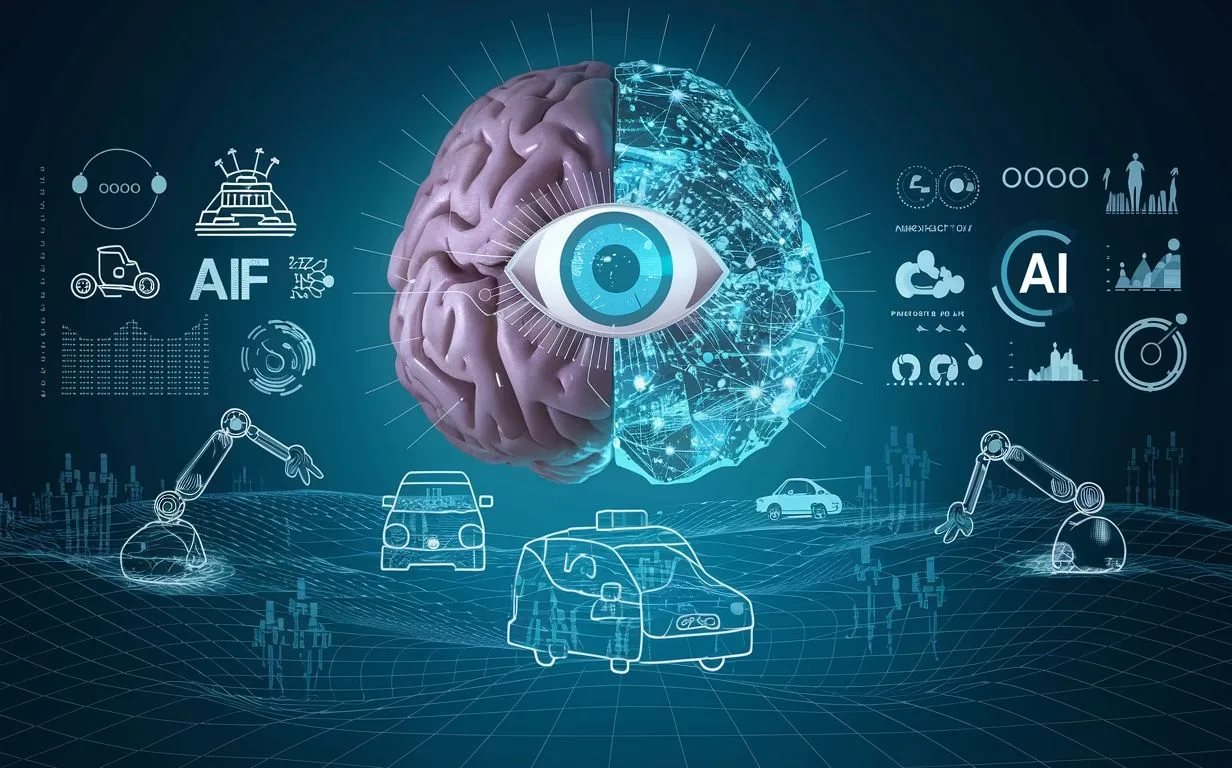Artificial Intelligence (AI) has become a buzzword in recent years, but what exactly does it mean? How does it work, and what impact does it have on our world? In this blog post, we will demystify AI and explore its various applications and implications.
What is Artificial Intelligence?
Artificial Intelligence refers to the simulation of human intelligence in machines that are programmed to think and learn like humans. It involves the development of computer systems that can perform tasks that would typically require human intelligence, such as visual perception, speech recognition, decision-making, and problem-solving.
AI can be broadly categorized into two types: Narrow AI and General AI. Narrow AI, also known as Weak AI, is designed to perform specific tasks, such as voice assistants, recommendation systems, and autonomous vehicles. On the other hand, General AI, also known as Strong AI, refers to AI systems that possess the ability to understand, learn, and apply knowledge across various domains, similar to human intelligence.

The Impact of AI on Our World
AI has already made significant contributions in various fields, revolutionizing the way we live and work. Here are some key areas where AI is making an impact:
1. Healthcare:
AI is transforming the healthcare industry by enabling early disease detection, personalized treatment plans, and improved patient care. Machine learning algorithms can analyze vast amounts of medical data to identify patterns and make accurate diagnoses. AI-powered robots can assist in surgeries, reducing the risk of human error and improving surgical outcomes.
2. Finance:
In the finance sector, AI is used for fraud detection, algorithmic trading, and risk assessment. Machine learning algorithms can analyze large volumes of financial data in real-time to identify fraudulent activities and make predictions about market trends. This helps financial institutions make informed decisions and mitigate risks.
3. Transportation:
AI is revolutionizing transportation with the development of autonomous vehicles. Self-driving cars equipped with AI technology can navigate roads, detect obstacles, and make real-time decisions, reducing accidents and improving traffic efficiency. AI-powered logistics systems optimize routes and improve supply chain management.
4. Education:
AI has the potential to transform education by personalizing learning experiences and providing individualized support to students. Intelligent tutoring systems can adapt to students’ learning styles and provide targeted feedback. AI-powered chatbots can assist students with their queries and provide instant support.
5. Customer Service:
AI-powered chatbots and virtual assistants are revolutionizing customer service by providing instant responses and personalized interactions. These virtual agents can handle a large volume of customer queries, freeing up human agents to focus on more complex issues. AI algorithms can also analyze customer data to provide personalized recommendations and improve customer satisfaction.
Challenges and Ethical Considerations
While AI offers numerous benefits, it also presents several challenges and ethical considerations. Some of the key concerns include:
1. Job Displacement:
The automation of tasks through AI technology has the potential to replace human workers in various industries. This raises concerns about job displacement and the need for upskilling and retraining programs to ensure a smooth transition for the workforce.
2. Bias and Fairness:
AI systems are only as good as the data they are trained on. If the training data is biased, it can lead to biased outcomes and reinforce existing inequalities. Ensuring fairness and addressing biases in AI algorithms is a critical ethical consideration.
3. Privacy and Security:
AI systems often rely on vast amounts of personal data to function effectively. Ensuring the privacy and security of this data is crucial to prevent misuse and protect individuals’ rights.
4. Accountability and Transparency:
AI systems can be complex and opaque, making it challenging to understand how decisions are made. Ensuring accountability and transparency in AI algorithms is essential to build trust and prevent unintended consequences.
Conclusion
Artificial Intelligence is a powerful technology that has the potential to transform our world in numerous ways. Its impact can already be seen in healthcare, finance, transportation, education, and customer service. However, it is important to address the challenges and ethical considerations associated with AI to ensure its responsible and beneficial use.
By understanding the basics of AI and staying informed about its applications and implications, we can actively participate in shaping the future of this transformative technology.

